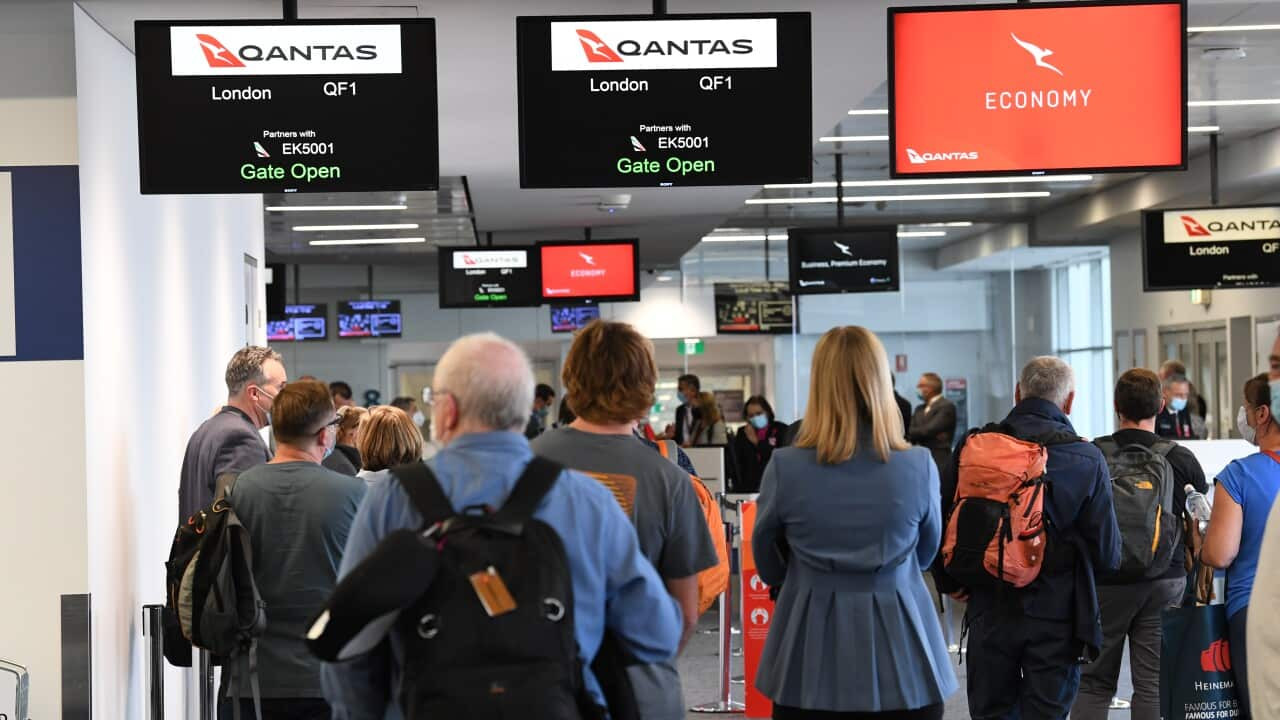Have you ever spotted what looked like , added it to your "basket" and proceeded to checkout — only to find extra fees added on at the last minute?
It’s frustratingly common when making airline, hotel and many other kinds of bookings to see an advertised price get ratcheted up at checkout with additional fees — perhaps "shipping insurance", "resort fees" or just "taxes".
The practice is known as "drip pricing", and it can distort consumer decision-making and affect competition. Nonetheless, there is no specific ban on this conduct in Australia.
Some companies have, however, effectively been prosecuted for it under the Australian Consumer Law, which contains some strict rules about misleading consumers through advertising.
Many of us have already begun booking flights, hotels and more as we head into the summer holiday season.
Here’s what the law says about companies changing prices in the lead-up to checkout, and how you can protect yourself as a consumer.
What's wrong with drip pricing?
The tactic that underpins drip pricing is to draw a customer in with an attractive "headline" price but then add in other fees as the customer approaches the checkout.
It's reasonable to ask whether there's anything wrong with this practice: after all, the customer still sees the final price at checkout. Why might that be seen as misleading conduct under Australian Consumer Law?
The reasons lie in views about consumer buying behaviour and the nature of the statutory prohibition.

Many Australians are planning summer holidays. Source: Getty / Mark Evans
They may then end up paying more than they intended and may have also lost the opportunity to deal with other suppliers of the same product at a better price.
In the relevant section of Australian Consumer Law, there's no requirement of an intention to mislead. It’s also not necessarily relevant that the true pricing situation is eventually revealed to the consumer or that it’s in the "fine print".
Thus, in the eyes of the law, it can be enough that consumers were enticed by an attractive headline price.
Price surprises
This legal position is well illustrated by a case settled by the High Court in 2013, after the Australian Competition and Consumer Commission (ACCC) took on telecom provider TPG Internet in 2010, alleging misleading conduct.
In this case, TPG had been advertising broadband internet services for $29.99 per month.
But on reading the fine print, you'd have discovered this deal was only available with a landline service costing an additional $30 per month.
The case moved up through Australia's court system, but ultimately, the High Court majority held that the telco had engaged in misleading conduct.
The High Court recognised that the very point of advertising is to draw consumers into "the marketing web". It is, therefore, not enough to disclose the true (higher) price only at the point the transaction is concluded.
TPG was fined $2 million in this case. Since then, the maximum penalties have increased, now the higher of:
- $50 million
- three times the value obtained from the contravention, or (if the benefit can not be determined)
- 30 per cent of the business's adjusted turnover during the breach period.
Dynamic pricing
Other pricing complaints have been in the news recently, including concerns about point-of-sale dynamic pricing.
Basically, this means using an algorithm that adjusts ticket prices in response to demand as consumers wait in a virtual purchasing queue.
Recent media reporting has centred on concerns about the use of point-of-sale dynamic pricing in the events ticketing industry.
A form of dynamic pricing is used by hotels and airlines. They increase prices seasonally and according to demand. But these "dynamic" prices are clearly visible to consumers as they start looking for a deal. Some bodies even publish helpful tables of likely prices at different times.
The kind of dynamic pricing that happens at the very point consumers are waiting to buy is very different and arguably creates an "unfair surprise".
Whether these kinds of practices also fall within the category of misleading conduct remains to be seen.
But it is arguable that consumers could reasonably expect the real-time movement of prices to be disclosed upfront.
Earlier this year, the government announced plans to address both drip pricing and dynamic pricing as part of a broader ban on unfair trading practices.
What can consumers do?
While all this law reform and litigation is playing out, here are some things you can do to avoid pricing shock.
1. Slow down. One of the strategies that online markets often rely on is "scarcity signalling" — those clocks or numbers you see counting down as you move through a website.
The very purpose of these is to make a consumer rush — which can mean failing to notice those additional fees that may make the buy not a good deal.
2. Take screenshots as you progress. Remember what it is you thought you were getting. Doing this also provides a basis for lodging a complaint if the headline and actual price don't match up.
3. Check. Take a close look at the final bill before pressing pay.
4. Report. Tell your local Fair Trading Office or the ACCC if the advertised deal and the final price don't meet up.
A alleging "illusory" discounts was launched because of consumer tip-offs.
Jeannie Marie Paterson is a professor of Law at the University of Melbourne.




